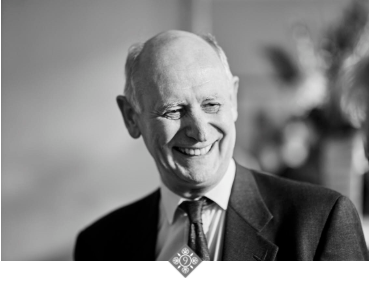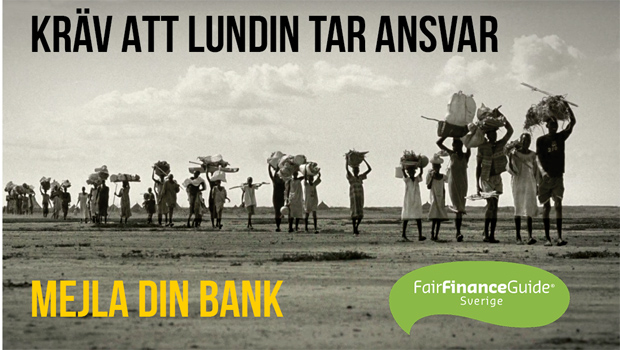In an interview on 17 April with Dagens Nyheter, Swedish prosecutor Henrik Attorps said that the Lundin investigation is coming to a close. “We hope to be able to send final notice shortly.”
Mr Attorps’ statement followed Lundin’s defence lawyers’ formal request to close down the investigation because it violates Article 6 of the European Convention on Human Rights, by which everyone has the right to a hearing within a reasonable time, beginning on the day on which a person is charged. In the Lundin case that would be 2016, when Ian Lundin and Alex Schneiter were first questioned as suspects. Decisive factors for a reasonable time are the complexity of the case, and the applicant’s and the judicial authorities conduct.
The legal merit of the request is not apparent. If applicants resort to actions that are likely to delay the proceedings, an appeal based on the European Convention will not hold. Lundin’s systemic attempts to frustrate the investigation – for instance its repeated and futile requests to replace prosecutors – may qualify as such. The Lundin investigation is also exceptionally complex because of the inaccessibility of the crime scene, difficulties in accessing witnesses, lack of international legal cooperation, and the length of Lundin’s involvement in Sudan. The company’s demand to close down the investigation also seems to be farfetched because the Swedish police and judicial authorities have incessantly worked hard on the case.
In another development, Lundin Energy has hired criminal defense lawyer Steven Kay. In an interview on 16 April 2020 with Dagens Nyheter, Mr Kay says that he has not read any witness statements yet, but suspects some to be false because they are from Africans. According to Mr Kay, witnesses from “countries like South Sudan” must be better scrutinized than European witnesses because “They are not used to our legal system” and “their lives are very different from ours”, suggesting that South Sudanese people are more susceptible to lie in court than Swedes because it can offer them opportunities to make money.



